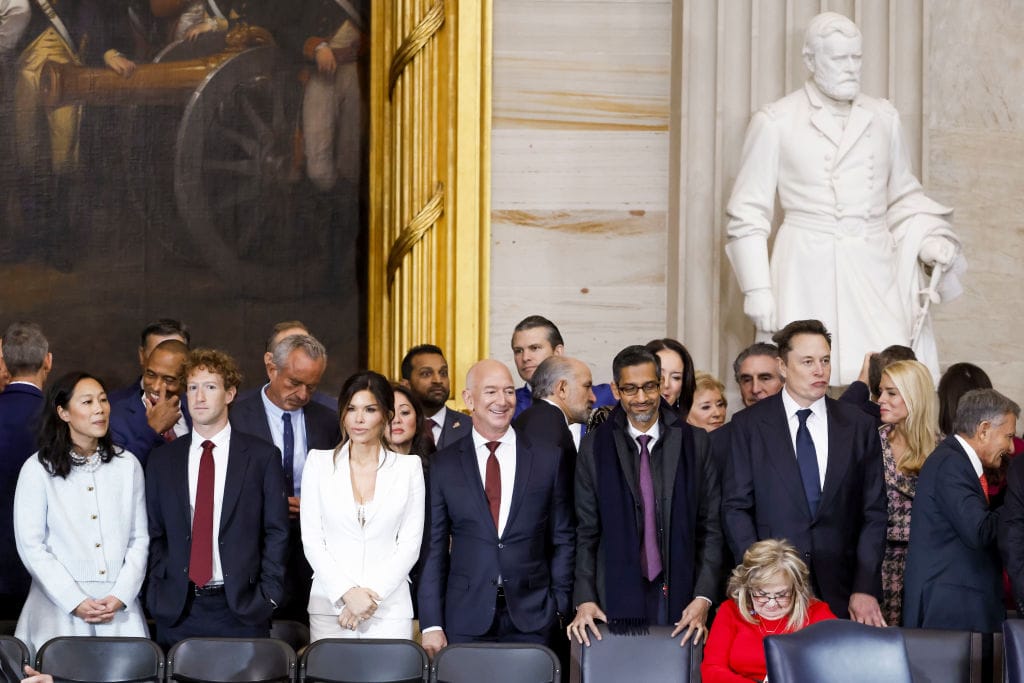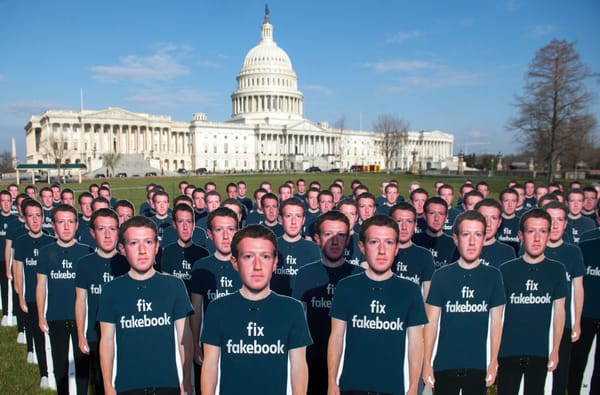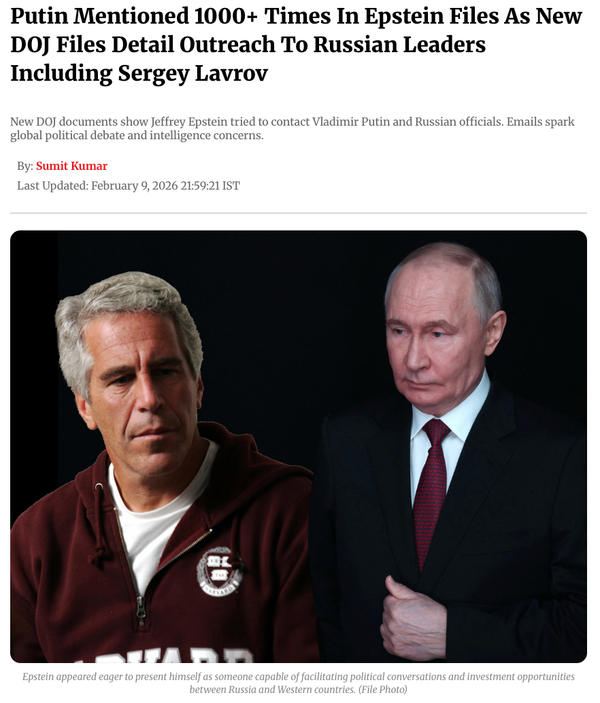The Tech Bros Move Fast and Break Things – First Up: Democracy
We are now subjects of an unaccountable technocapitalist order rather than citizens in a democracy, write Manasa Narayanan and Sabrina Provenzani.

This article was originally published in the February 2025 print edition of the Byline Times.
Sergei And The Westminster Spy Ring is a cautionary tale about the fragility of liberal democracy. Perhaps its most powerful warning is of the weaknesses at the heart of our political institutions that have left Britain vulnerable to manipulation.
The story unfolds in London – a city at the global epicentre of the ‘Russian laundromat’ for a number of years. Wealthy Russians have become entrenched in British society; their friendship, money, and connections coveted – from Lord Evgeny Lebedev, owner of the Evening Standard and The Independent, who was awarded a life peerage by Boris Johnson in 2020; to Roman Abramovich, who owned Chelsea FC, one of the world’s biggest and richest clubs, until he was sanctioned for having direct connections to the Putin regime’s war efforts.
Though the 2018 Salisbury poisonings, and full-scale Russian invasion of Ukraine in 2022, have spurred efforts to target Russian assets and individuals, fundamental weaknesses in the British establishment remain unaddressed.
Now, there is a new player in town – one whose attacks are more blatant. As Steve Bannon has observed, “money and information are the twin tactical nukes of modern politics” and Elon Musk “can deploy both at an unprecedented scale”.
That the UK’s electoral laws are weak was highlighted again recently when reports surfaced of the X (formerly Twitter) owner’s offers of financial support to Nigel Farage’s Reform UK through his UK-based business. These reports prompted urgent calls for the Government to strengthen the legal framework to prevent such foreign donations. But many legal loopholes remain open and the Government has said there are no “immediate” plans to introduce further restrictions on overseas political donations.
According to Reform treasurer Nick Candy the party will raise more funds than “any other political party” for grassroots campaigning, data, and polling. “We have a number of billionaires prepared to donate to the party, not just Elon,” he has claimed. “The Reform party is the disrupter – this is the seed round, the series A. This will be a political disruption like we have never seen before.”
The same lax legal frameworks that contributed to the rise of Russian influence in the heart of Westminster still prevail today – but, this time, the enemy isn’t a nation state: it is a tech giant with tentacles stretching from information systems to communications and defence.
The lines between political and economic elites have blurred to the extent that it is difficult to say who is influencing whose politics more.
In the run-up to the 2024 US Presidential Election, Musk donated approximately $75 million to Donald Trump’s campaign and has been handed a government role for his efforts. As we have seen in recent weeks, he is dominating the UK news agenda, with his non-monetary attempts to interfere in UK politics.
But it is not just Elon Musk. The monopolisation of tech services has allowed a handful of American companies to grow so big that their revenues are larger than most nation states.
The market capital of Apple, a single company, is greater than the entire GDP of the UK.
Alphabet, Google’s parent company, is facing a colossal lawsuit for its anti-competitive practices while, at the same time, Google is donating $1 million to Trump’s inaugural fund.
Microsoft, Amazon, Meta, and OpenAI’s Sam Altman have already given a million dollars each to Trump.
What is unique about this threat is that Big Tech monopolies have infiltrated markets and spaces beyond the tech space itself – accumulating unprecedented levels of economic and political capital.
Bloomberg reports that, in the last decade, Musk’s SpaceX and Tesla have accounted for $15.4 billion in US government contracts, many for homeland security and defence.
Musk’s internet technology, Starlink, has been sold to more than 100 countries, and it is reportedly set to grab $1.6 billion for a full range of top-level encryption for telephone and internet services used by the Italian Government.
As The Citizens has been warning for years, these transnational entities wield resources and influence on par with the world’s largest global powers – yet they operate without the responsibilities, constraints, or counterbalances that those powers should be subject to.
The ‘tech bros’ are not citizens. They have moved fast and broken things, democracy being one of them. They do not need democracy because, with its rituals of participation, its conflicting interests, and its hard-won rules for collective governance, democracy is tedious.
Big Tech has the money, clout, and influence to see itself as being above democracy. Until it was convenient to do so, it played the game. Now we are being forced to play by its rules.
The Citizens has been active in the tech justice space, pushing for meaningful, effective regulation of this unchecked power. For a time, the Big Tech leadership seemed somewhat responsive to public pressure. Then, the apologies became performative. Now, it has stopped pretending to care. Meta CEO Mark Zuckerberg’s recent announcement that his platforms would no longer be using third-party fact-checking is one stark example of this as Donald Trump’s second term as President begins.
The world is now grappling with a new nexus of money, power, and information control – conveniently aligned with a political agenda that seeks to subvert democratic governments and upend the dynamics of geopolitics in favour of a small elite of technocapitalists.
Some argue this has always been the case – that majoritarian democracy has never been perfect and that it is a fairy tale to believe it ever worked for everyone. History shows us there are always cycles of authoritarianism – events have gone badly before and then gotten better. But what drove those positive changes? Resistance. Participation. Collective action. People coming together, pushing back and tipping the balance in a new direction.
That’s what we need now. We were citizens once, before we became followers. Either we reclaim that role and actively engage as citizens or we will realise, too late, that we have become subjects in a new unaccountable order.
Sergei and the Westminster Spy Ring, a project of The Citizens and Project Citizen Production, is out now.





